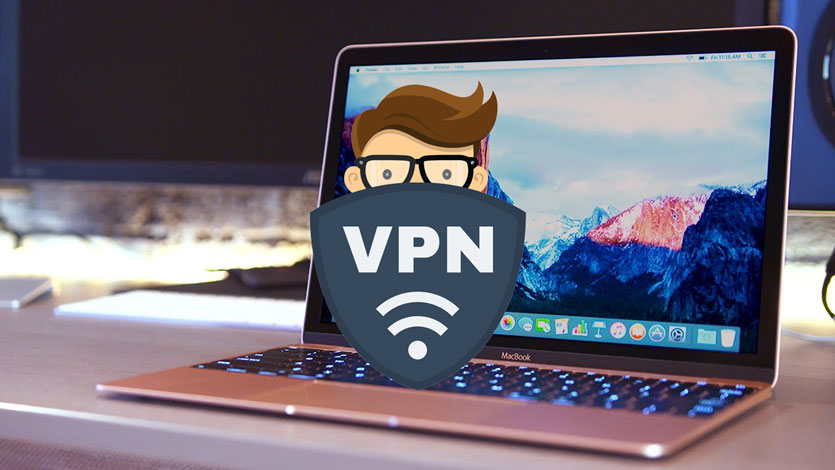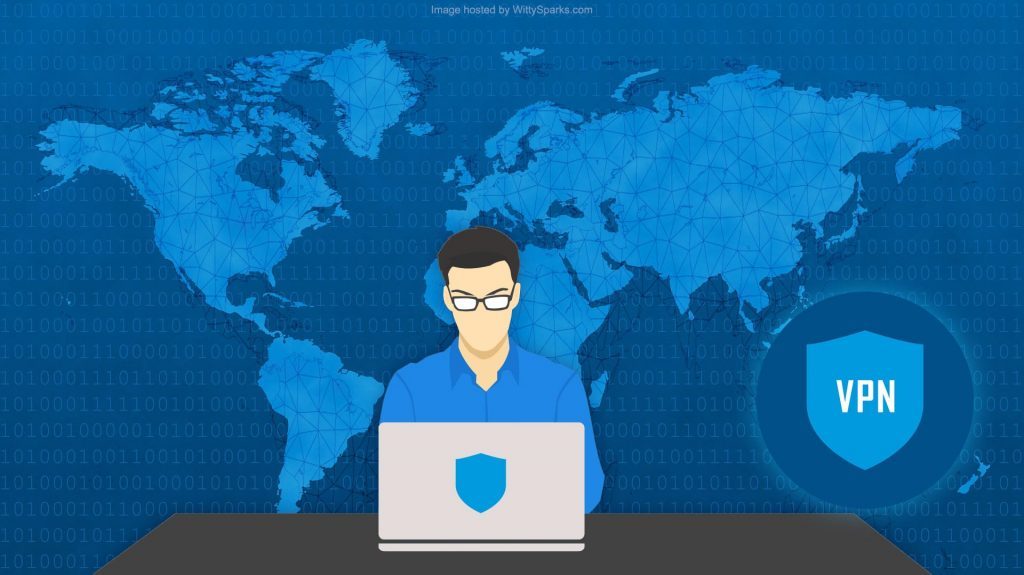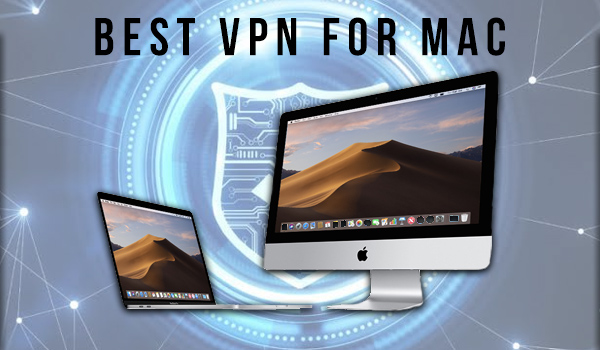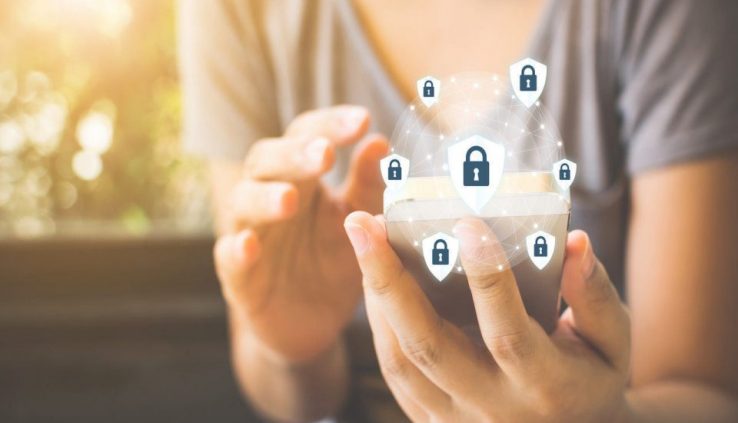Total anonymity: how to protect your PC from surveillance and viruses
By thatonesupport
Thanks to the right tools and settings, your online experience will be anonymous, safe and virus-free. We show you how to make your PC as secure as possible. A high degree of anonymity can be achieved by using the right applications, perfect settings and thoughtful selection of web services. We will tell you how to do this on your computer and secure your home network without losing your comfort.
According to the survey, most experts are convinced that at the moment, anonymous use of the Internet is impossible. To a certain extent, these experts are right – for example, all providers in the United States store and analyze their customers’ user data.

Anonymity isn’t just about making your shadows on the Internet more transparent – it’s about protecting you from viruses and malware. Using the tools described in this article, you’ll encrypt your online experience, isolate your system from external threats, and ensure that your actions are not being tracked and that you’re safe in the future.
How your data gets to corporations and hackers
Large groups like Google, Apple, Microsoft and Facebook are trying to collect as much personal information as possible – especially from mobile devices. This data is used to develop a personalized offer and display targeted advertising. Most companies will learn the details of user behavior, preferences and other important information about their customers’ privacy.
Aggregation of information often takes place in the background. For example, Google Maps captures all search queries, all locations, and the current location. Even Apple, a privacy-conscious company, has these mechanisms in place: for example, any default iOS device stores a tracking history.

When such information falls into the wrong hands, it is highly likely that it will be used for criminal purposes. Attackers know when a user is not at home and can also blackmail their confidential data. For malicious attacks, this information is also worth its weight in gold. For example, a hacker can recognize the user’s operating system through metadata and then target it.
For hackers, the home computer is still the easiest target. This is despite the fact that operating systems, especially Windows, are now well protected. More and more often than not, third-party applications are used as loopholes. They lack a timely and automatic update, as well as a standardized procedure for reliable “patching” gaps. Through such bugs, cybercriminals can send their malware, after which the anonymity of the computer is out of the question. The system stores most of the personal information, including online bank login data, confidential documents and personal photos.
Express advice for PCs
To be safe and anonymous on the World Wide Web, you should immediately apply the following recommendations to your desktop computer.

- Installing updates. Use the automatic Windows update function. This will ensure that you always receive any critical error corrections in time.
- Installing the antivirus. We recommend installing a paid product. As a rule, the latest technologies are not implemented in the free versions.
- Using a browser with privacy protection. To protect against tracking cookies and other tricks in the future, use a browser that is focused on privacy. It will save you from intrusive advertising and provide access to anonymous search.
Install VPN for Mac or Windows. A VPN connection helps against information espionage. It allows you to safely access public networks because your PC information will be sent to the Internet in encrypted form.

